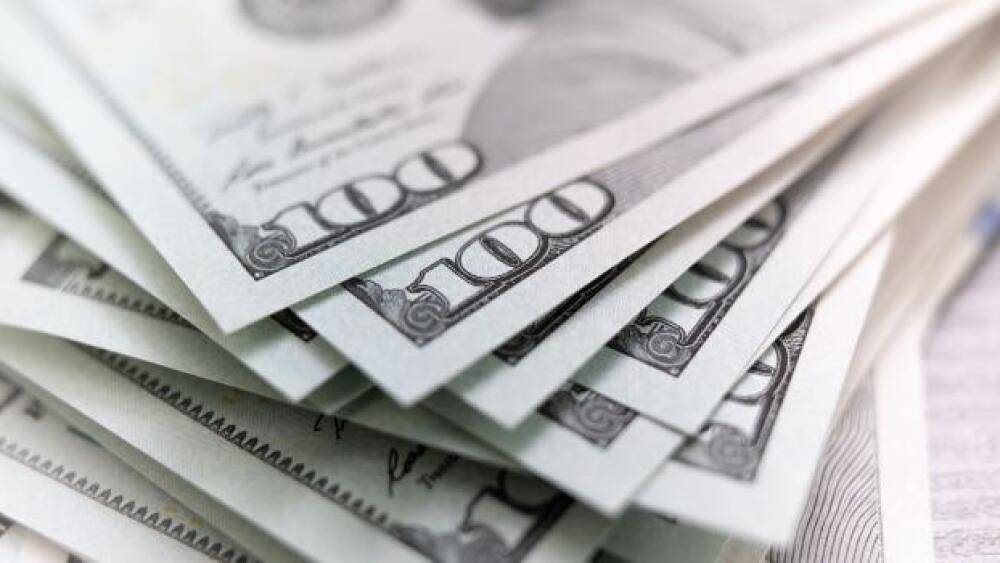Acrivon Therapeutics announced the pricing of its initial public offering Tuesday, putting all of its 7,550,000 shares of common stock up for sale for $12.50 apiece.
Just the 20th company to go public amid this year’s bear market, Acrivon Therapeutics announced the pricing of its IPO Tuesday, putting all of its 7,550,000 shares of common stock up for sale for $12.50 apiece.
The company has also given underwriters a 30-day option to buy up to 1,132,500 more shares of common stock at the IPO price, minus discounts and commissions. Concurrent to the IPO, Acrivon is also selling 400,000 shares of its common stock, at the public price, to existing stockholder Chione Limited.
The Chione deal is a private placement and does not fall under the Securities Act of 1993.
All in all, Acrivon is looking to make $99.4 million. The company expects to start trading on Nasdaq Tuesday. The concurrent private deal is set to complete on Nov. 17.
A clinical-stage biopharma company based in Watertown, Massachusetts, Acrivon focuses on precision oncology medicines. The company uses Acrivon Predictive Precision Proteomics, its proprietary proteomics-based patient responder identification platform, to match its candidates to patients who are most likely to respond.
Acrivon’s lead candidate is ACR-368, a strong and selective CHK1 and CHK2 inhibitor known as DNA damage response checkpoint kinases. Last November, the candidate was in-licensed from Eli Lilly and helped Acrivon secure $100 million in an oversubscribed Series B financing round.
ACR-368 has demonstrated durable antitumor activity as a single agent, including documented cases of complete responses, in patients with platinum-resistant ovarian cancer. The candidate previously won FDA Orphan Drug designation. Lilly offloaded ACR-368 during its Q1 review in 2019.
Cowed By the Bear
Acrivon is somewhat of a rarity in 2022. In each of 2020 and 2021, more than 100 biopharma companies went public, Christiana Bardon, M.D., co-managing partner at BioImpact Capital and portfolio manager at MPM Capital, told BioSpace in an interview earlier this month.
This substantial slowdown, Bardon continued, can be attributed to the exodus of “generalist investors” who turned their attentions to biotech in 2020 and 2021 because of COVID.
According to an analysis by Crunchbase News, as of August, funding in the industry had dropped 38.1% from last year. Over the same period, only 660 startups have mustered investor backing, down from 1,034 in 2021.






